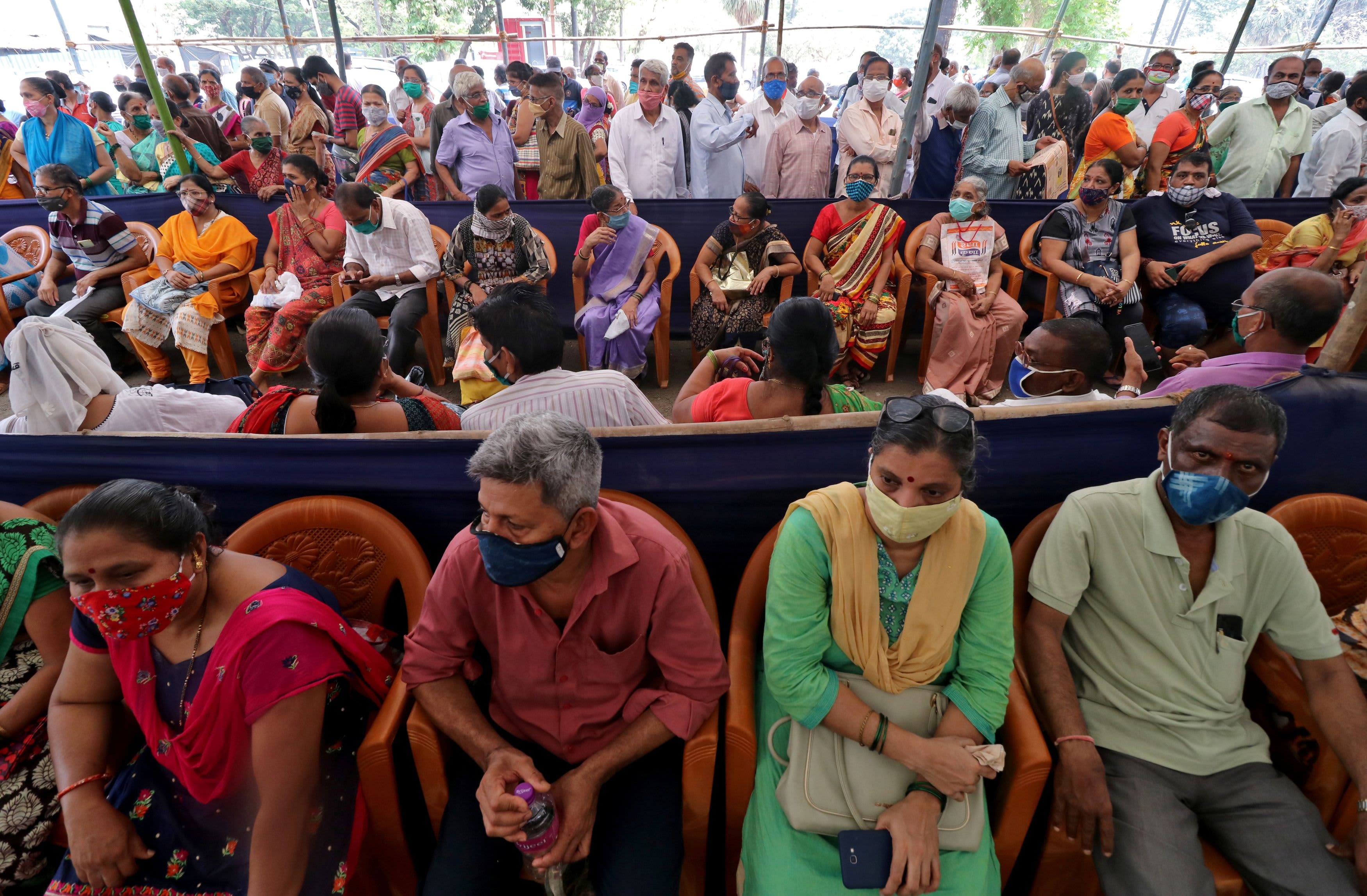
The executive director of UNICEF, Henrietta Fore, has told CNBC that it is “very worried” about the current Covid-19 crisis in India and urged the world to send urgent help to the country.
Speaking during World Immunization Week, Fore also said it was a “race to save lives” through vaccinations, particularly in some of the world’s poorest countries with “very fragile” health systems.
India is in the midst of a deadly second wave of the virus. On Saturday, daily coronavirus cases in the country passed 400,000 for first time; total cases in India have now topped 19 million, and more than 215,000 people have died from Covid in the country.
“It is worrying for several reasons. One, is it a precursor to what might happen in other countries, particularly countries in Africa, with much weaker healthcare systems?” Fore said last week.
“It’s worrying because their health care system has been overwhelmed. It is the need for oxygen and therapeutics that we just have not seen in this pandemic in another country at this scale.”
People wearing protective face masks wait to receive a vaccine for the coronavirus disease (COVID-19) at a vaccination centre in Mumbai, India, April 26, 2021.
Niharika Kulkarni | Reuters
Fore said both UNICEF and the COVAX global vaccine program had sent help to the country, and aid from other nations was making a big difference. “But it’s not enough because India is part of our supply chain. So, it is both where we source many of the vaccines, it’s also where we need to give help as a world to India now,” she added.
UNICEF is the United Nations agency responsible for providing aid to children across the world.
‘Help us now’
One consequence of the Covid-19 pandemic is that the world has stopped paying attention to other routine immunizations, Fore warned. Around 60 routine immunization campaigns have been stopped globally, as countries focus on tackling the pandemic.
To address these challenges — while continuing to help the recovery from the global pandemic — the World Health Organization, UNICEF, Gavi, the Vaccine Alliance and other partners, are supporting a global strategy known as Immunization Agenda 2030. The initiative aims to save 50 million lives through “an ambitious new global strategy to maximize the lifesaving impact of vaccines through stronger immunization systems.”
Fore said that around half of the world’s vaccinations come about as a result of UNICEF’s routine immunizations of children.
“Polio, measles, yellow fever … all of these are vaccines that children need, but they’re also vaccines that adults need. So we are asking for families to come into primary health clinics in their own communities, bring their children in, get vaccinated for these childhood diseases, also get a Covid vaccine, and we can save 50 million lives,” she said.
Asked if she had a message for global leaders today, Fore said: “Well, help us now.”
Henrietta H. Fore, Executive Director of UNICEF on July 05, 2018 in BERLIN, GERMANY.
Ute Grabowsky/Photothek via Getty Images
“We are worried that the world is not paying attention to things like routine immunizations. We cannot lose this population, our children, to one epidemic while we are worried about Covid as a pandemic for our world, so please help us now,” she added.
Despite the ongoing global pandemic, Fore said the time was right to focus on such initiatives.
“People now realize that vaccines are important, that vaccines work, that they save lives, and right now we are in a race to save lives,” she said.
“So if we can save them through a routine immunization program, reaching out to everyone in a society, that will help both routine immunizations and it will help Covid.”
Global investment
However, Fore told CNBC that it can be hard to focus global investment on supporting the programs.
“Under the Covax facility there’s been a call for $23 billion, which sounds like an enormous amount, but really, when you look at global GDP and what is available in the world, it’s a very small number,” she said.
“So you realize that as a world we could afford this, and if we could get vaccines out to children and to adults in the coming years, we will be a world that would have more equity, more fairness, more health across the board.”
Source: CNBC
